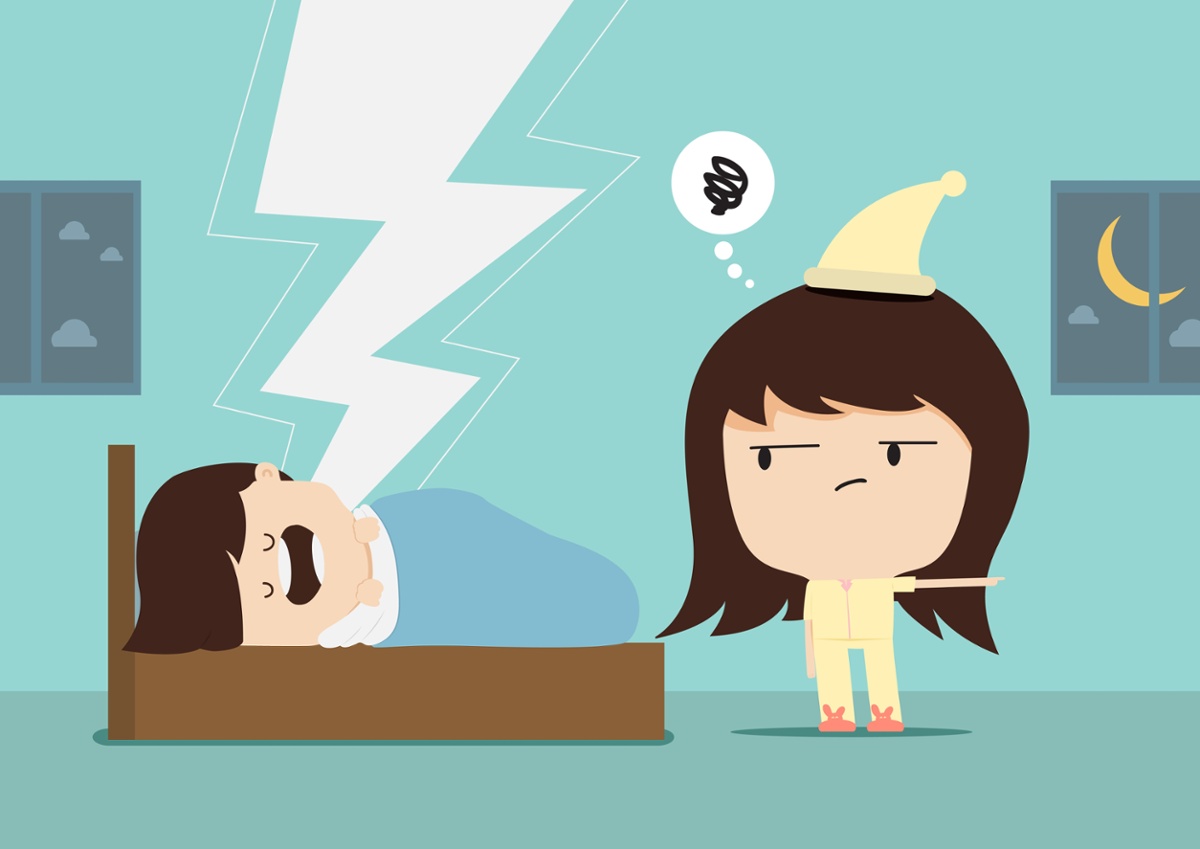
Obstructive Sleep Apnea, or OSA, is becoming more of a household name. More and more people are being diagnosed with OSA as the sleep medicine field learns more about different presentations, symptoms, and the short-term and long-term impacts.
If you or a loved one seems to be struggling with getting a good night’s sleep, are sleepy during the day, or stop breathing throughout the night, they may be struggling with OSA.
What is OSA?
Obstructive Sleep Apnea is a sleep-related breathing disorder. The person may have a decreased or complete stop in airflow despite ongoing effort to breathe. The muscles in the neck and throat relax during sleep and the soft tissue collapses in the back of the throat. The collapsed soft tissue causes a block in the upper airway.
The blockage of the upper airway leads to partial and complete pauses in a person breathing. The pauses last at least ten seconds and on average last up to thirty seconds. Longer pauses can occur in more severe cases. What do these pauses mean for the sufferer? They lead to a significant reduction in blood oxygen saturation.
Your brain is triggered by a lack of oxygen. Your brain alerts the body to wake from sleep in order to return back to your normal breathing pattern. You fall asleep again, experience another pause, the brain is triggered, and the body wakes from sleep. This series occurs over and over throughout the night.
The result is fragmented sleep that leaves you feeling excessively sleepy during the day. That fragmented sleep also causes many other significant health concerns.
11 Tell-Tale Signs of OSA
1.) Loud Snoring
When most people think of obstructive sleep apnea, loud snoring is the first thing that comes to mind. OSA causes snoring in most patients, however, just because someone snores doesn't mean they have OSA.
Snoring is caused when the soft tissues in the back of the throat relax during sleep and cause partial blockage of the upper airway. Snoring is the sound of air vibrating in the upper respiratory system as it tries to move past the soft tissues of the throat.
Many people who snore frequently may not even be aware they do as it happens during sleep. Often, it's their spouse or bed-partner who complains that the snoring disrupts their own sleep.
2.) Frequent Pauses in Breathing During Sleep
When the fatty tissues of the throat relax and fall back into the airways, it restricts airflow and can cause patient's suffering from sleep apnea to take long, frequent pauses in their breathing.
When this occurs, oxygen levels in the blood drop. This signals your brain to temporarily come out of deeper stages of sleep to force the body to take a large breath to fight past the blockage.
People with moderate to severe sleep apnea can experience anywhere from 15 to over 30 apnea events an hour lasting anywhere from 10-20 seconds.
3.) Abruptly Waking Up Gasping or Choking
Sometimes our patients do not recall having moments of gasping but are informed later by their bed partners. It can be unsettling to encourage someone to seek out answers to their symptoms.
3.) Daytime Sleepiness
Daytime sleepiness is the most common complaint of those that suffer from OSA. Many patients are not actually aware of the interruptions they experience throughout the night but are very aware of the consequences of those interrupts. Some patients report that they involuntarily fall asleep during the day.
4.) Dry Mouth or Sore Throat
Dry mouth seems like a symptom of sleeping with your mouth open but it actually is another major indicator of OSA. Those that suffer from OSA are two times more likely to suffer from dry mouth on a consistent basis that those that do not have OSA. Reference
The dryness of mouth breathing and snoring can additionally cause patients to wake with a sore throat. Experiencing a sore throat seems to occur in tandem with dry mouth but is not always present.
5.) Morning Headaches
Low levels of oxygen in the brain cause expanding blood vessels creating headaches. Morning headaches and daytime sleepiness are the most common symptoms that cause patients to seek out treatment.
6.) Difficulties Concentrating and Focusing
When we are not getting rest, our brain can experience “brain fog.” Making it difficult to maintain focus on daily tasks or concentrate on basic tasks.
7.) Irritability or Depression
While we are sleeping our brain does much-needed repairs and restoration to itself. If you are not getting the sleep, your brain suffers. Chemicals that are connected to mood are negatively impacted by sleep apnea. This shift in your brain’s chemistry causes mood swings, depression, irritability, and more.
8.) Restless During Sleep
It can be difficult to find a comfortable position when you are frequently waking up throughout the night. You may toss and turn more or wake your bed partner.
9.) Struggling to Wake up in The Morning
Again, because you are not getting the sleep you need throughout the night it is difficult to rise in the morning. You do not feel rested and want to stay in bed as long as possible.
10.) High Blood Pressure
The sudden drop in oxygen places stress and burden on the entire cardiovascular system making your heart work harder and raising blood pressure.
11.) Decreased Libido
The hormones that direct sexual drive are regulated by the brain. When your brain is not functioning, as a result of interrupted sleep, there is a direct impact on these hormones. More and more research is supporting the direct link between sleep apnea and reduced libido.
Final Thoughts and Next Steps
There are many more symptoms that can indicate you have OSA. Every person experiences the symptoms differently and the presentation of their OSA may affect their daily lives in various ways. If you have a bed partner, they may notice some, or all, of the following signs before you do. If your bed partner expresses concerns about your sleeping patterns, it could be time to seek out a sleep study.
Another important note is that men and women experience obstructive sleep apnea different. Women are more likely to report experiencing insomnia, restless leg syndrome, feeling overwhelmed, depression, and heartburn at night. Many of the other symptoms are similar however, women are misdiagnosed at a higher rate because they are not reporting the classic OSA symptoms.
If you live in Dodge City, Kansas or Garden City, Kansas and would like to speak to a certified sleep professional about your symptoms and treatment options, click on the link below to request a free, no-obligations over-the-phone sleep assessment.
And if you don't live in one of our service areas, we can still offer you some help. Download our free ebook on sleep apnea below to learn more about how you can diagnose and treat your condition.
Take the first steps to a restful night of sleep.






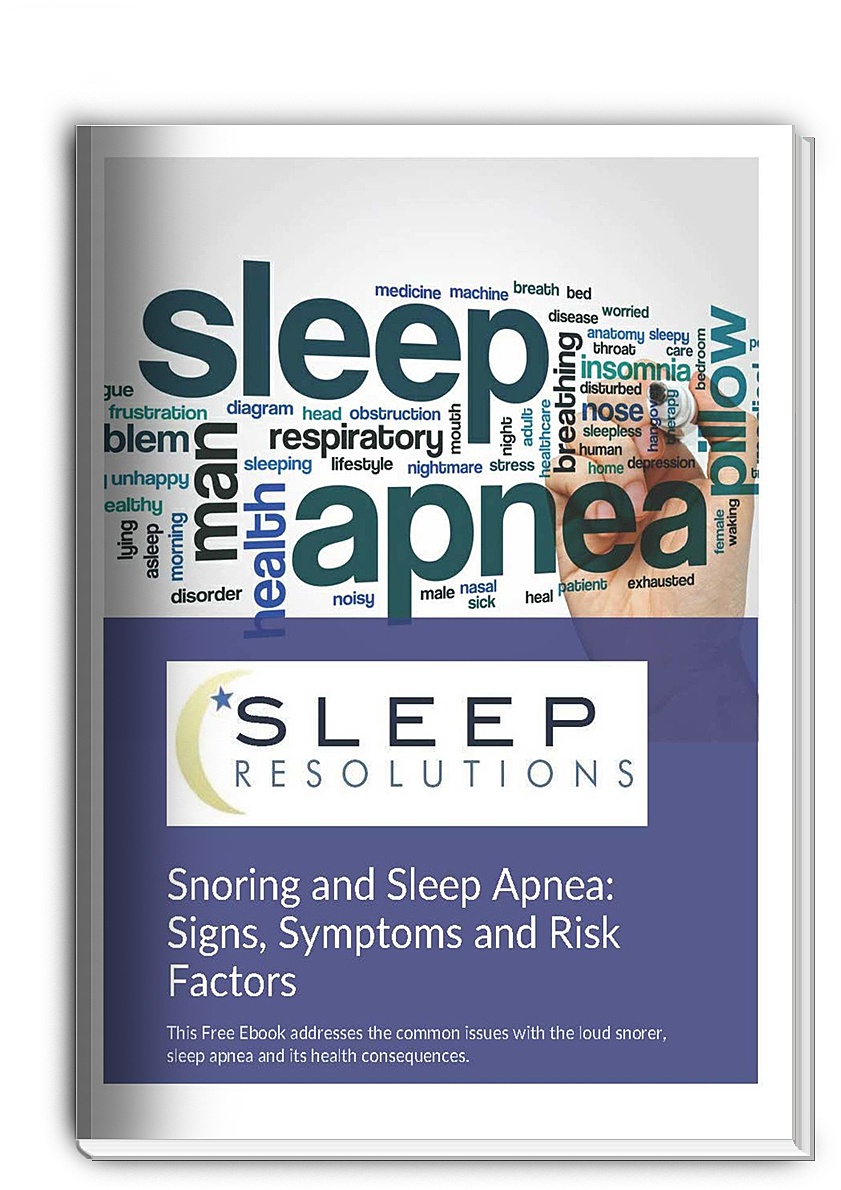

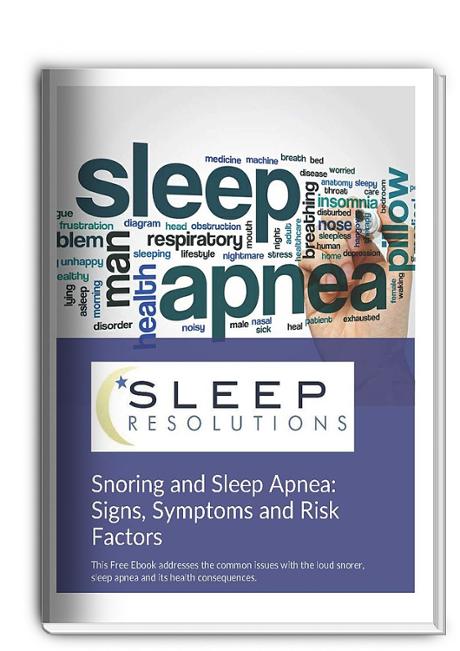

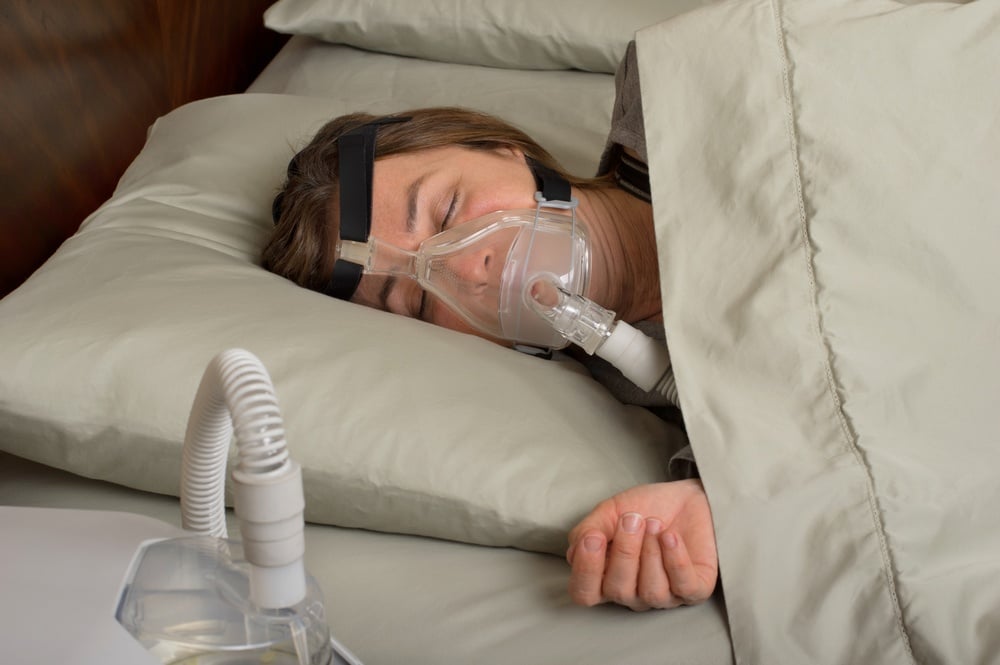

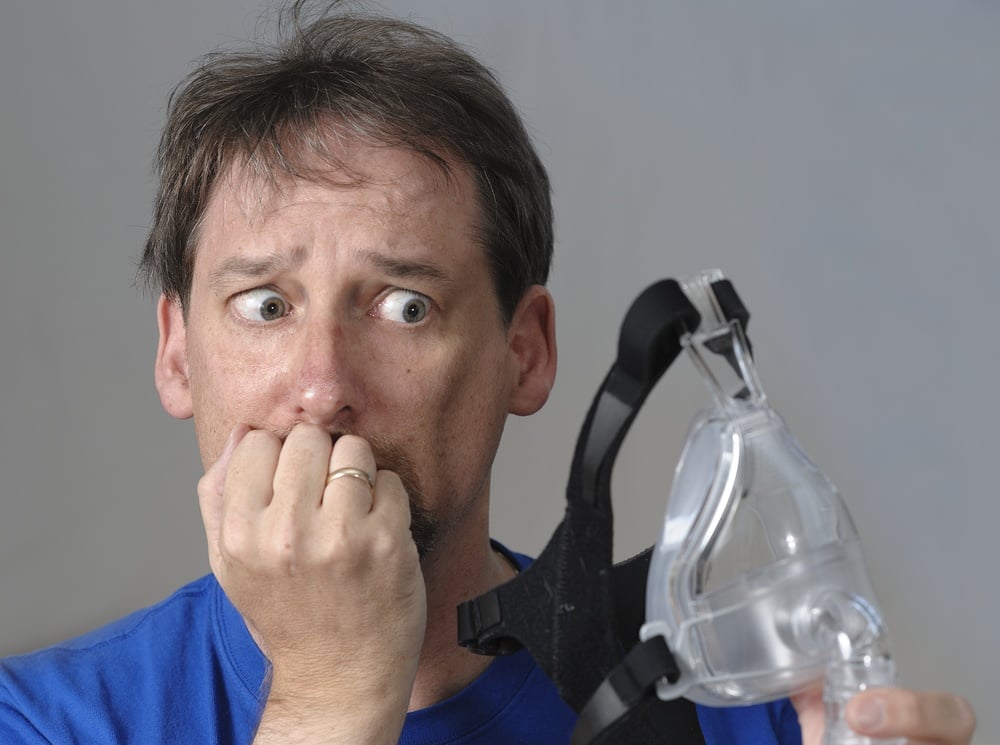
Leave a comment